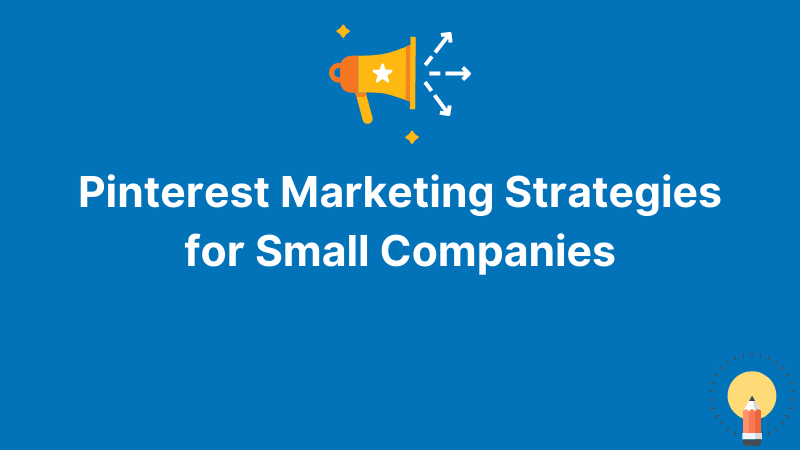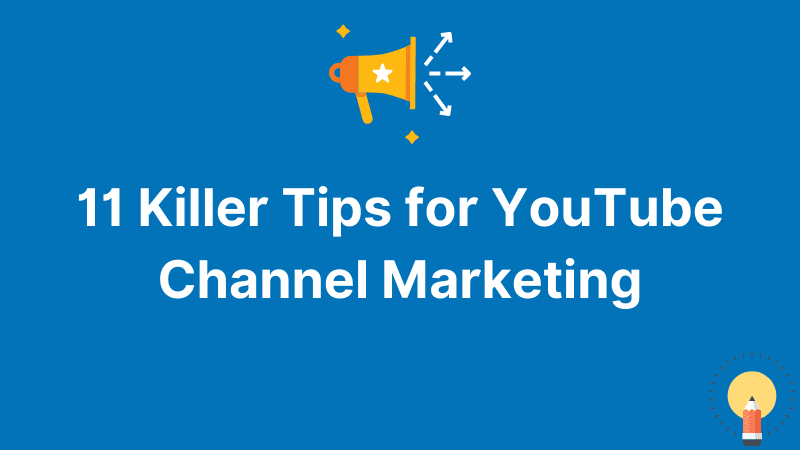5 Best Keyword Research Tips for Beginners
Keyword Research is essential for getting your content found by both people and search engine bots, therefore keyword research is critical to the success of any SEO or content marketing campaign. With good keyword research, you may identify and choose the most relevant terms that will best connect with your target audience.
How do you begin with keyword research? What tools are available to you? How do you choose the best keywords from a list of possibilities?
Starting Out: Keyword Research for Beginners
1. Keyword Discovery
The first step is to compile a list of potential keywords. There are various factors on which to base your decisions, but for starters, you may concentrate on the following:
The number of times a term was searched in a particular period is referred to as search volume (typically by month). This is an accurate indicator of how valuable a term is to your target audience.
Keyword difficulty is also known as keyword competitiveness. This measure assesses how tough (or easy) it is for a term to rank in the top ten search results. It is determined by a number of variables, including page and domain authority, as well as content quality.
Pro Tip: Use an Excel/ Google spreadsheet to organize your list. You can find it on google by searching keyword research for on-page seo.
Some of the greatest free tools and resources for keyword research are:
- Google Keyword Planner: The most used keyword tool among marketers.
- Google Trends: This tool is great for locating keywords or subjects that have seasonal swings.
- Forums: Quora, Reddit, and Facebook Groups are some of the most prominent online forums where you may obtain ideas. You may also go to niched communities, such as Stack Overflow for programmers, depending on your sector.
- Google Search: If you already have a general notion of which keywords to target, utilizing Google Search's auto-suggestions and related searches will help you find additional relevant phrases.
- Ubersuggest: This tool collects data directly from google. So you can use this free tool. But there is a limitation. You can search 3 times in a day through Ubersuggest.
2. Choose the Right Keywords
The next step is to filter down your list by selecting the top keywords that are most relevant to your aims and audience. Here are a few things to think about:
- Relevance: How relevant is this to your target audience's search intent? (More about search intent in the parts that follow.) Is the keyword/topic relevant to your brand and the industry in which you operate?
- Traffic and competition: The objective here is to discover your "sweet spot," which is a combination of keywords with medium to high search volume and low competition. In many circumstances, it is preferable to target very narrow keyword terms (i.e., long-tail keywords). Long-tail keywords may have lower search volume, but choosing them assures that the audience you're attracting is more purposeful in their search and is more likely to convert.
- Authority: Choose keywords with a medium to high search traffic whose rivals have fewer backlinks and domain authority (DA). This will benefit you, particularly if you've established yourself as a trustworthy source of knowledge in your sector.
- Trend and projection: You may use Google Trends to find low-volume keywords with a positive trend history and prediction. It might be a good decision if you can predict if a certain subject will become more popular in a few weeks or months.
Pro Tip: Determine your targeted reader's needs, interests, degree of understanding, and where they are in the sales funnel. It will assist you in narrowing down your keyword selection.
3. Getting Ideas from Competitors
Another keyword research approach is to do content gap analysis with competitor domains. This entails analyzing the content and keywords that your rivals are presently ranking for and seeing what themes or perspectives they haven't yet covered.
Ahrefs' Site Explorer is a nice premium tool for analyzing content gaps. You may also just examine the material on the first page of Search Engine Results Pages (SERPs) to see where you can fill in the blanks. Consider the following:
- The content's timeliness/freshness: Is the material on the competitor's website out of date? When was the last time it was published or updated? Is there any fresh information you can include into your version of the content?
- Thoroughness of content: This is particularly true for more complicated issues. Was the competitor's explanation of the material clear? Is there anything missing in terms of examples or details?
- Usability: Assess the usability of your competitor's website. Is the material legible on a range of devices? Is it quick to load, are advertising interfering with the experience, and so on? These considerations are much the more important now that Google's Core Web Vital algorithm change places a strong focus on UI/UX.
4. Phrasing Your Shortlisted Keywords
When crafting your terms, keep user intent and context in mind. For your keyword phrase to rank highly in SERPs, it must be relevant to the demands and interests of your target audience.
There are three fundamental kinds of search queries:
- Informational: This sort of query is frequently in the form of a question. Users are looking for solutions to their queries. "How do you perform keyword research for beginners?" for example. Answer The Public is a useful tool for locating frequently searched questions using certain keywords.
- Navigational: This sort of inquiry is similar to informational questions, however with navigational queries, visitors are seeking for a particular URL/webpage to learn more. These are often used for commercial inquiries. "Keyword Research Tool," for example.
- Buying Keyword: This types of keywords include the word BUY with their long tail version. If you search on google for 'buy best laptop in usa', you will see many e-commerce websites.
- Transnational: This sort of inquiry is often commercial in nature, indicating that consumers are one step closer to converting. For example, "Best Free Keyword Research Tool" or "Best Digital Marketing Agency in Bangladesh"
Pro Tip: Make sure your headlines aren't too optimized. Put your goal keyword in as organically as possible. Make your keyword human-friendly, not search engine-friendly.
5. Taking Keywords From Popular Site
This is the best method I have ever seen. How? Okay, let me explain. You can search your keywords on Udemy or Amazon. And find which topics are searched more and more times. There is a true fact that people not only search on these websites but also they buy those products.
So, you can easily find which product or course is trending on market and people are paying for these.
Pro Tip: We all know wikipedia is a vast resource of information. You can take keyword's from wikipedia's table of content.






